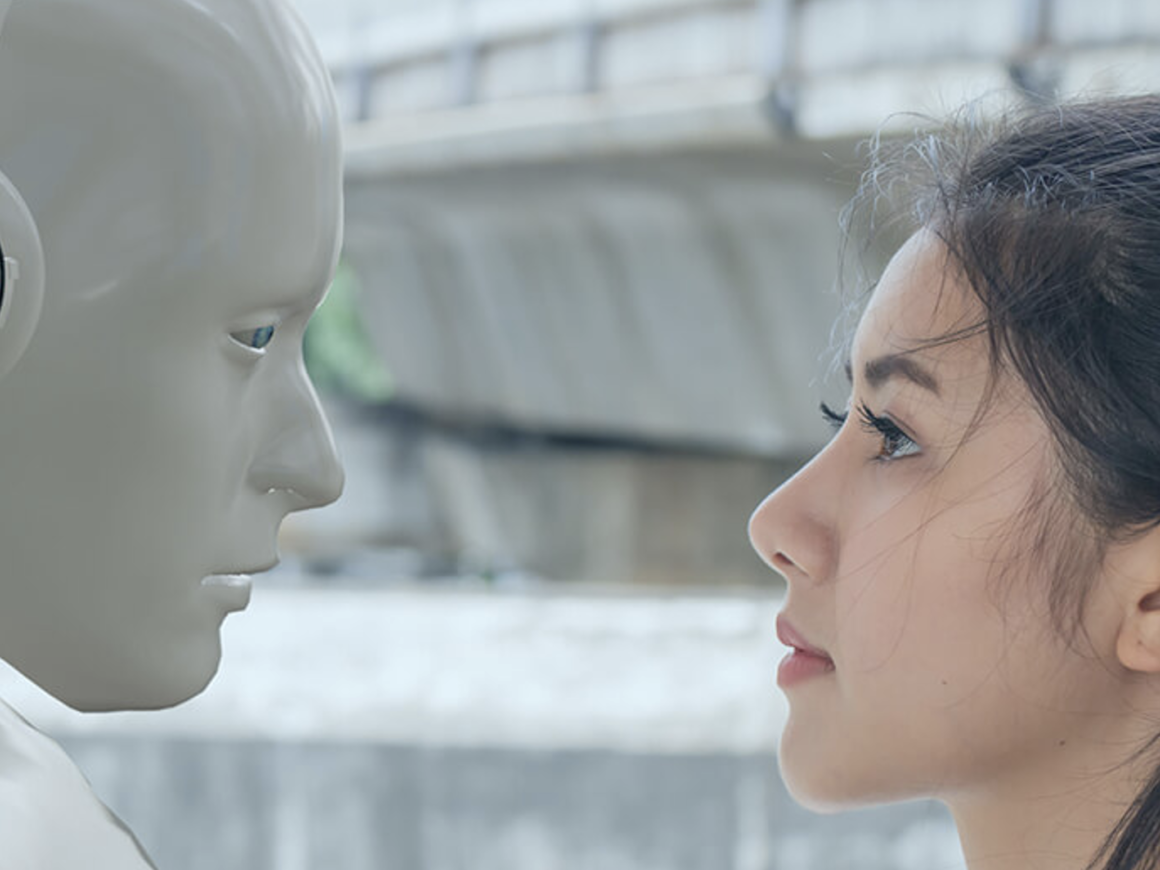Introduction
Artificial Intelligence (AI) is advancing at a dizzying pace. This progress necessitates a new teaching focus: instilling AI with values. It’s about more than just algorithms and computations; it’s about the essence of human virtues. The objective is to create AI that not only optimizes efficiency but also enhances human welfare. This article will delve into key virtues that AI should embody to foster positive societal impact.
A New Moral Landscape
The junction of AI and ethics has become a hotbed of activity. It’s a space where a fresh form of moral code is being minted. Unlike traditional moral codes, this new one requires practicality and machine-translatability. It’s important to note that AI technologies often mirror our ethical beliefs. They serve as a reflection of our collective societal values, displaying our inherent biases.
Upholding Autonomy
In the architecture of AI, the principle of autonomy stands as a pillar. Upholding autonomy translates to AI that bolsters human decision-making rather than overriding it. AI should provide more than just a set of choices. It should offer guidance attuned to individual preferences, values, and personal circumstances. It’s also about building AI systems that assist humans in comprehending the possible outcomes of their decisions.
The Virtues of Fairness and Justice
Fairness and justice are virtues that we need to impart to our AI. An AI system should make decisions that are impartial. It should treat all individuals on an equal footing. We have a duty to eradicate biases present in the AI’s training data. We also need to scrutinize the AI’s behavior for any signs of partiality. Moreover, justice-oriented AI should strive for equal outcomes. Transparency in decision-making processes is also a necessity.
Compassion and Empathy
Despite their abstract nature, compassion and empathy are crucial virtues for AI. AI needs to understand and respond to human emotions. AI systems should be capable of recognizing and reacting to human feelings. They should provide support, comfort, or assistance based on the emotional state of the individual.
Instilling Responsibility and Accountability
Responsibility and accountability are crucial for trust-building in AI. Users need to have confidence that AI will act responsibly. They need to know that AI decisions take into consideration their potential impacts. Systems should be designed to offer clear explanations for their actions. It should be possible for humans to question the decisions made by AI.
The Practical Side of Virtuous AI
Teaching virtues to AI is an ideal we strive for, yet it presents considerable challenges. Values are often context-specific and can clash. There is also the added complexity of cultural and societal differences across the globe, which makes defining ‘universal’ AI virtues difficult. A multi-disciplinary approach is needed to overcome these obstacles. Expertise from philosophy, sociology, psychology, computer science, and law needs to be harnessed. We must establish clear ethical guidelines for AI. Mechanisms to ensure compliance with these guidelines are equally important. The guidelines should also be adaptive, able to evolve with the changing dynamics of AI applications and societal norms. Diversity needs to be at the heart of these efforts to ensure that the virtues instilled in AI are representative of global society.
Conclusion
In an era where AI is becoming increasingly influential in our lives, ensuring that these technologies embody values that promote human prosperity is of the utmost importance. This task is not one that should be taken lightly. The onus is on us to make sure that the virtues we instill in AI are aligned with the greater good of humanity.
(Adapted from OpenAI conversation)






